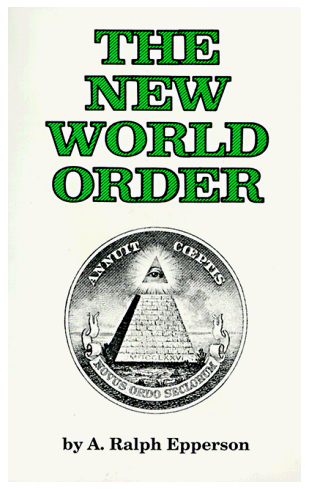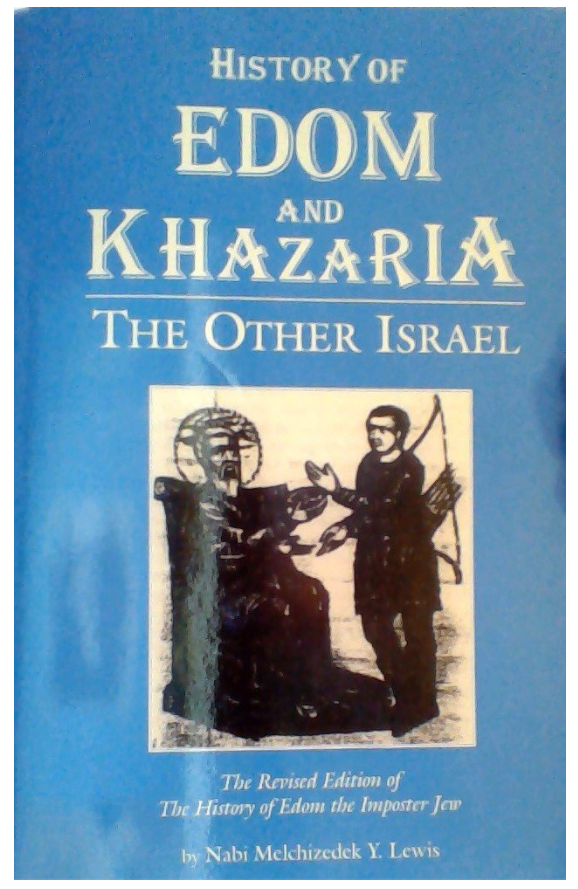Cultivate a broad based and active membership that is sourced from the grassroots and that exercises far more real power within the relevant organization. This process of mass mobilization will help narrow the conceptual and physical distance between them and the vast majority of the Nigeria people.
Democratize much more deeply their internal decision-making structures and operations in a way that cedes far more real institutional power to the membership. This specific reform will enable them to attract the commitment of their membership and validate them among the broader public.
Democratize much more deeply the process through which they formulate and prioritize their activist agendas.
Seek to overcome their generally elitist and urban-centered institutional character by working much more actively with and within the majority rural population of Nigeria.
Take economic/social rights activism, gender issues, rural issues, and minority/environmental rights activism much more seriously. Since these issues remain central to the daily struggles of the vast majority of Nigerians, the more the agendas of these NGOs reflect these concerns, the more their human rights catechisms will resonate with the relevant population(s).
Seek to source much more of its resources locally. Difficult as local fundraising can be in the depressed economic context in which most Nigerian people(s) currently find themselves, the more these NGOs are able to raise funds from their local constituencies, the more they will secure the commitment of the ordinary people. This process of local fundraising will necessitate a prior effort at cultivating and energizing the potential local donors.
Product details
- Publisher : Africa World Press, Inc. (January 15, 2006)
- Language : English
- Paperback : 280 pages
- ISBN-10 : 1592212867
- ISBN-13 : 978-1592212866
- Item Weight : 1 pounds













